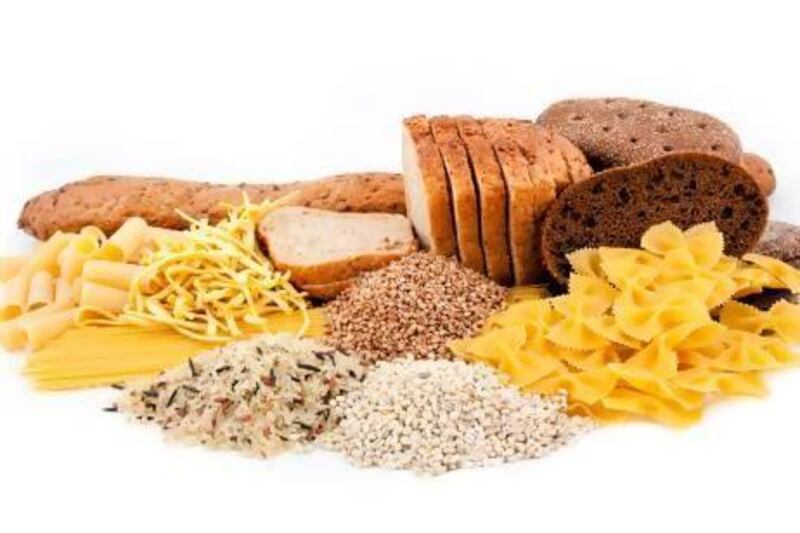Every time you sit down to eat a meal a process of hormonal responses begin that affect the entire body as well as the mind. Hormones literally inform us how to feel, dictating everything from our energy levels, appetite, fat-burning capacity and mental state. Each meal is a catalyst for an entire series of these chemical reactions to take place inside our body.
What happens during these reactions is determined by the quality of your calories rather than the number of calories.
Scientists have discovered that different calorie sources will result in different bodily responses. For example, when we eat protein it creates a thermic effect greater than when we eat carbohydrates or fats. A higher thermic effect means it is more difficult for your body to turn that food into fat to be stored on the body.
One of the first studies to report these effects was conducted in 1965 and published in The Lancet Journal. The researchers studied a range of people, each consuming 1,000 calories daily. One group ate 90 percent of their calories from protein, whilst another group ate 90 per cent fat. The last group ate 90 per cent of their daily calories from carbohydrates.
Surprisingly the high-fat diet group showed the most weight loss followed by the high-protein group. Those who ate the 90 per cent carbohydrate diet gained weight significantly.
Another study, published in the Journal of the American Medical Association and carried out at Boston Children's Hospital in June 2012, closely followed 21 overweight and obese males and females from the ages of 10 to 40. The study compared the effects of a low carbohydrate diet with a low fat, high carbohydrate diet and a low glycemic index diet.
The study concluded that sustained weight loss was more likely in those who ate a low carbohydrate diet; however they also noted an increased risk in future cardiovascular disease in this group.
So again, we simply cannot consider all carbohydrates, proteins and fats equal.
For a nutritious meal plan we not only need to focus on the quality of our calories but also make sure we get the right balance, choosing complex carbohydrates over simple white carbohydrates and the good fats in avocados and nuts rather than saturated fat in cheese and deli meats.
Laura Holland is a well-being consultant and nutritional therapist. For more information, go to www.BeUtifulYou.Com
Follow us
[ @LifeNationalUAE ]
Follow us on Facebook for discussions, entertainment, reviews, wellness and news.






